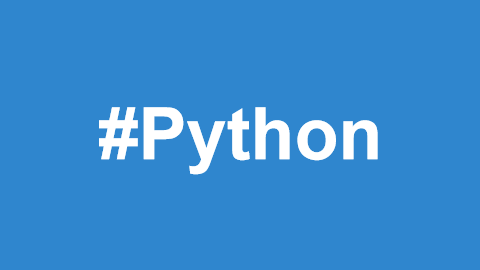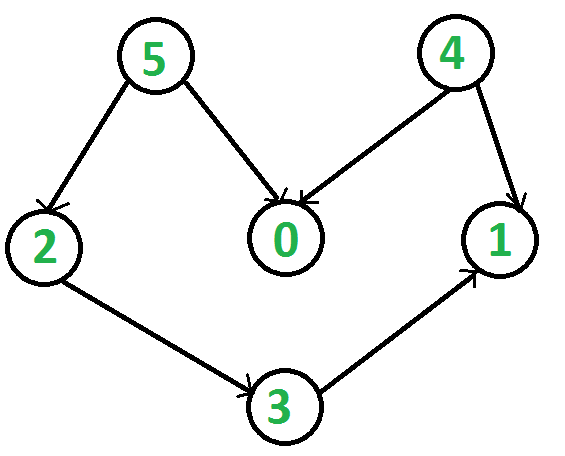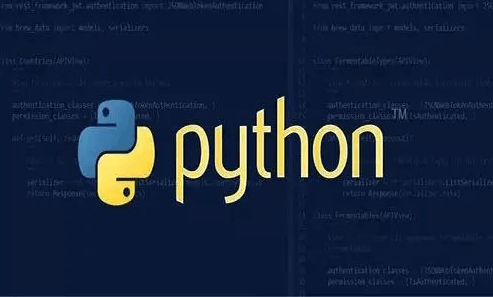Ensuring that the code follows the existing patterns and best practices of the project is crucial for maintaining software quality. Below, I will use an example to demonstrate how to identify code that does not align with project best practices and how to improve it.
Old Code Example
Suppose we have a backend service for an online store, which includes a class for managing product inventory. Here is the old code:
class Inventory:
def __init__(self):
self.stock = {}
def add_product(self, product_id, quantity):
if product_id in self.stock:
self.stock[product_id] += quantity
else:
self.stock[product_id] = quantity
def remove_product(self, product_id, quantity):
if product_id in self.stock:
if self.stock[product_id] >= quantity:
self.stock[product_id] -= quantity
else:
print("Not enough stock!")
else:
print("Product not found!")Code Issues
Use of Print Statements for Error Handling: Using
printstatements to handle errors is not a good practice, especially in production environments, as it hinders error tracking and log management.Inconsistent Error Handling: The error handling in
add_productandremove_productis inconsistent, which can lead to difficulties in maintaining the code.
Project Best Practices
Assume that the project’s best practices include the following:
Use exception handling to manage errors.
Use the logging library to record errors and important information, rather than using
print.Use more expressive method names in classes.
Improved Code
import logging
# Configure logging
logging.basicConfig(level=logging.INFO, format='%(asctime)s - %(levelname)s - %(message)s')
class Inventory:
def __init__(self):
self.stock = {}
def increment_stock(self, product_id, quantity):
if product_id in self.stock:
self.stock[product_id] += quantity
else:
self.stock[product_id] = quantity
logging.info(f"Stock added: {quantity} units of {product_id}. Total stock: {self.stock[product_id]}.")
def decrement_stock(self, product_id, quantity):
try:
if self.stock[product_id] >= quantity:
self.stock[product_id] -= quantity
logging.info(f"Stock removed: {quantity} units of {product_id}. Remaining stock: {self.stock[product_id]}.")
else:
raise ValueError("Insufficient stock available.")
except KeyError:
logging.error(f"Attempt to remove non-existent product {product_id} from stock.")
raise KeyError("Product not found in inventory.")
except ValueError as e:
logging.error(str(e))
raiseExplanation of Code Improvements
Logging:
Thelogginglibrary is used instead ofprint, allowing errors and important operations to be properly logged for monitoring and troubleshooting.Exception Handling:
Errors are now handled by raising exceptions, which provides better error management compared to just printing error messages.Method Renaming:
The methodsadd_productandremove_productare renamed toincrement_stockanddecrement_stockto make the method names more expressive and better reflect their behavior.
This example shows how to improve code according to project best practices, enhancing the maintainability, consistency, and scalability of the code.




